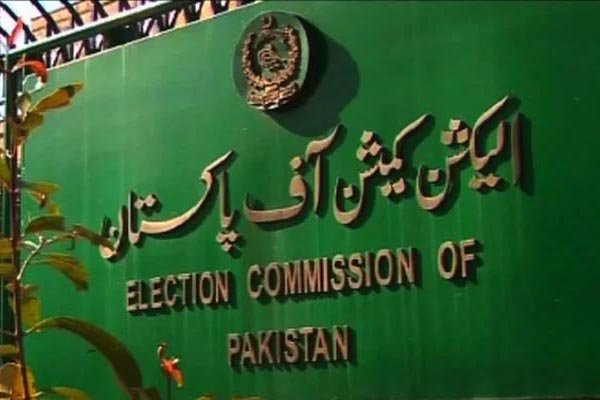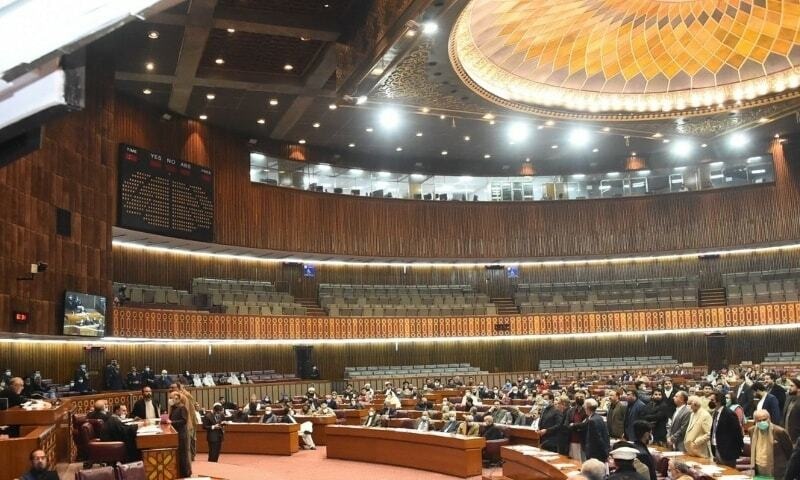New Delimitation
ISLAMABAD: The Election Commission of Pakistan (ECP) has reduced the National Assembly’s strength to 336 seats by decreasing the representation of newly-merged districts in Khyber Pakhtunkhwa (K-P) from 12 to six in the fresh delimitation under the 2023 census.
On Wednesday, the ECP released the list of new constituencies, outlining the changes in the areas of each constituency of the national and provincial assembly. The lower house of parliament will now have 266 general seats, as K-P’s strength has decreased from 51 to 45 since 2018.

In 2018, the former Federally-Administered Tribal Areas (FATA) merged with K-P under the 25th Constitutional Amendment, initially allocating 12 National Assembly seats to the newly merged districts, which is six now.
The ECP preliminary report indicated that seat allocations to the other provinces would remain unchanged, with Punjab having 141 National Assembly seats, Sindh 51, Balochistan 16, and Islamabad three.
Similarly, the ECP also released the details of provincial assembly constituencies, with the Punjab Assembly having 297 seats, Sindh Assembly 130, K-P Assembly 115, and Balochistan Assembly 51.
On average, each National Assembly constituency in K-P will consist of a population of 907,000; the federal capital 787,000; Punjab 905,595; Sindh 913,000, and Balochistan 930,000. Each provincial assembly constituency in K-P will have a population of 355,000; Punjab 429,000, and Sindh 428,000.
The ECP noted that ten districts in K-P did not meet the required population strength for one National Assembly seat.
Additionally, population data from Rawalpindi was used to allocate a National Assembly seat for Murree.
In Punjab, the report specified that Gujranwala and Hafizabad districts together have six seats, two National Assembly seats in Jhelum, ten in Faisalabad, 14 in Lahore, and six each in Multan and Rahimyar Khan district will remain unchanged.


